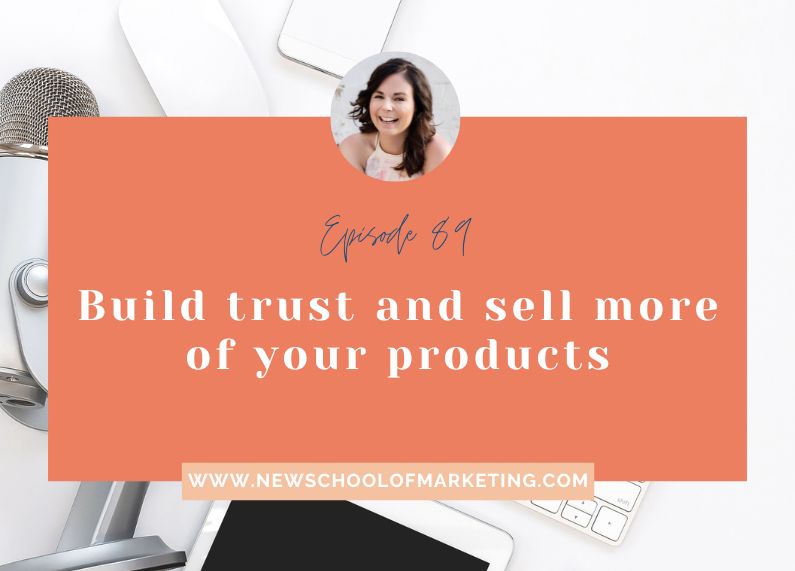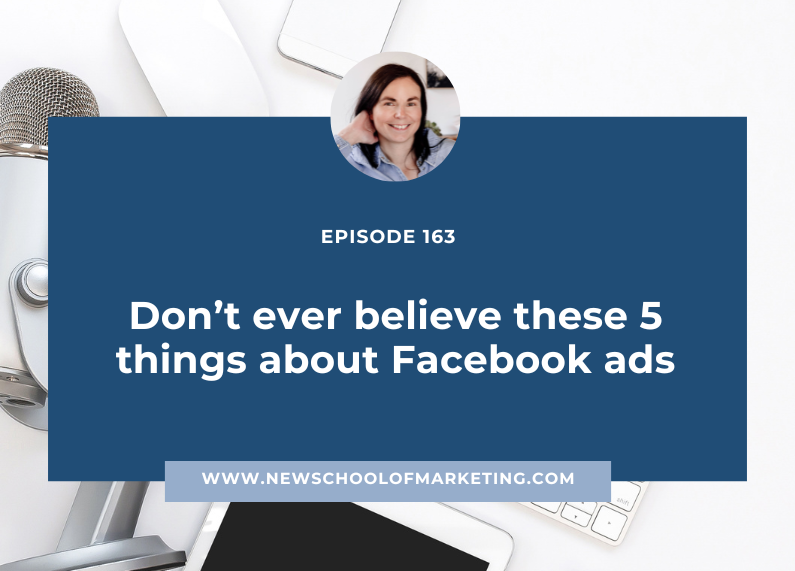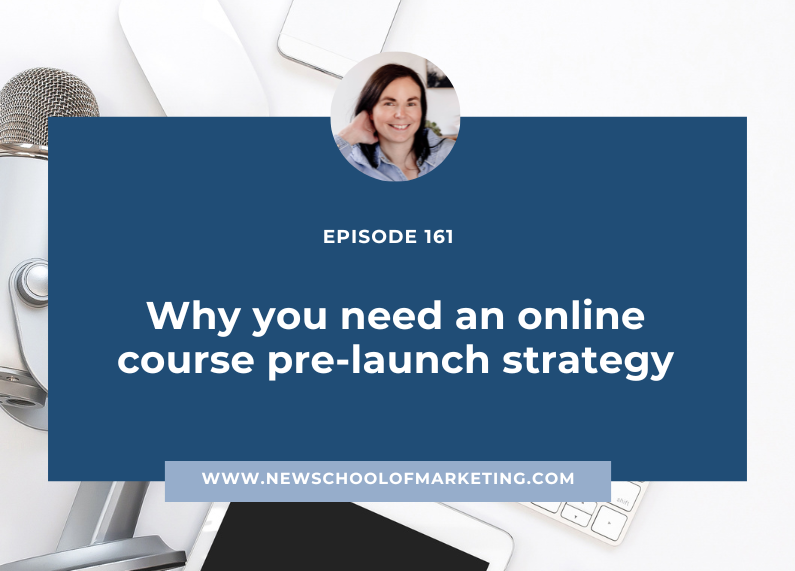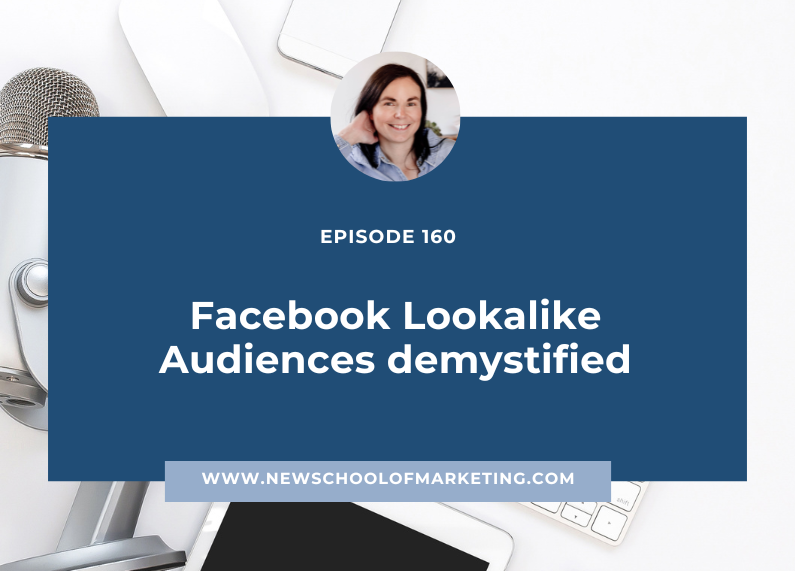
We’ve just wrapped up a long weekend here in Australia to celebrate Queen Elizabeth’s birthday.
We booked tickets to a winter festival and it was lovely. The food was amazing, there was music and they had workshops for the kids. Normally we kind of hibernate during winter and don’t get out much but if there’s one thing I love about moving to Tasmania it’s all of the little festivals they have on. There’s always something to do, places to go, people to meet.
Talking about people. In this episode I want to talk about trust.
Trust is incredibly important at any time, but when you’re running an online business it’s even more important.
Online businesses can get a bad reputation if they break a person’s trust, and sadly the rest of the industry suffers from it too.
We’ve all heard of scams, people ordering something and not receiving it, things not looking like they did in the picture, slow fulfilment, no response from the business etc.
In a way we’re giving our money to someone we’ve never met to hopefully get something we’ve never seen and we basically have to hope for the best.
This is where trust comes in and the need to build trust to sell more online.
So how can you, as a business, build trust?
Tune in to hear more 🎧
Connect with me
Website: www.newschoolofmarketing.com
Facebook: @newschoolofmarketing
Facebook group: @newschoolofmarketing
Instagram: @bianca_mckenzie
Love the New School of Marketing Podcast?
Let’s be honest and upfront, because you know that’s what I’m all about. Podcast reviews are super important to iTunes and the more reviews we receive the more likely iTunes will reward us with better reach.
I want to reach more course creators, store owners and awesome business builders that can add extreme value to our awesome insiders. I already love that you’re here and ready to rock your business, but I’d be extremely grateful if you would review me on iTunes and SUBSCRIBE!
Can’t wait to teach you everything I know about online marketing!
Transcript
Hello, and welcome to the new school of marketing podcast. We’ve just wrapped up a long weekend here in Australia to celebrate Queen Elizabeth’s birthday.
We booked tickets to a winter festival and it was lovely. The food was amazing, there was music and they had workshops for the kids. Normally we kind of hibernate during winter and don’t get out much but if there’s one thing I love about moving to Tasmania it’s all of the little festivals they have on. There’s always something to do, places to go, people to meet.
Talking about people. In this episode I want to talk about trust.
Trust is incredibly important at any time, but when you’re running an online business it’s even more important.
Online businesses can get a bad reputation if they break a person’s trust, and sadly the rest of the industry suffers from it too.
We’ve all heard of scams, people ordering something and not receiving it, things not looking like they did in the picture, slow fulfillment, no response from the business etc.
In a way we’re giving our money to someone we’ve never met to hopefully get something we’ve never seen and we basically have to hope for the best.
This is where trust comes in and the need to build trust to sell more online.
So how can you, as a business, build trust?
The first step is to identify all of the questions and fears someone might have about purchasing from you.
Most people will be worried that:
- They might not receive the product
- They can’t exchange it
- It might not fit
- They might not like it
- There’s nobody to speak to if they have questions
- Your store isn’t legit
- Their card details aren’t secure
Think about all of the questions they may have and how you can address them, not only with words but in other ways too.
The foundation of trust is to have a good product. It seems obvious but so many people seem to be duped and disappointed because they receive products that aren’t up to scratch or even as they are in the photos, and sometimes not even at all.
Building trust starts before they purchase. Have outstanding products and excellent customer service. People need to be able to contact you, ask questions and receive prompt responses.
Then, your website needs to be well designed and built, plus you need to make sure it’s encrypted. This means that your website is secure to take payments. Platforms such as Shopify are made for ecommerce and have this security built in. If you’re creating a website on another platform, make sure that you have a security certificate and encryption built in.
Now how do people really know that you are legit and not there to scam them?
You gather and showcase your social proof.
Show people that they can trust you.
Social proof is one of the key establishers of trust. So make sure that you have tons of it, in various formats.
Include customer reviews on every product page.
Show where you have been featured, especially media opportunities.
Share awards that you’ve won or been nominated for.
Showcase testimonials, both written and videos.
eComm Expansion students Stump and Co showcase customer reviews on each product page, which shows other buyers that others loved the product.
Another way to build trust is to show a human connection.
Always – ALWAYS – show a photo of you on your about page. People buy from people and your about page is the second most visited page on your website (don’t believe me, go check your stats). People want to know who they’re buying from.
Also show your customers with your products. Get people to share unboxing videos, and how they use your products. You can incentivize people to share this type of content.
Another way to build human connection is through behind the scenes content. Show your warehouse, or garage if that’s where you’re starting. Show photos of you packing orders, of you making products.
I’ve already mentioned that you need to have a secure website, but equally important are your processes.
Your payment processes, such as using trusted payment methods like Stripe, PayPal and eWay.
Add trust icons to your website such as your money back guarantee, secure payment options, 5 star ratings etc. People are visual creatures so the more visual elements you can incorporate that show they can trust you and your website.
If you have a business that also relies on certain USPs – unique selling propositions – you also want to incorporate this and possibly create trust icons for them. Think icons such as ‘Australian made’, organic, natural, handmade, vegan etc.
Anything that shows that you’re different and is an important factor for your clients you want to put forward so that it’s easily visible.
If you really want to back your products and your services you can offer a really good guarantee and returns policy.
A brand that does this really well is Birdsnest, a fashion website in Australia. They offer free returns on your first order and they make the process super simple. It takes away the barrier of ordering from them a first time as you can return it for free if it’s not satisfactory.
They pretty much blow you away with service though and the only time I’ve returned something was if it didn’t fit. The products are always high quality and the service is outstanding. They really back themselves and their products so they happily offer free returns.
There are many ways to build trust and you need to first investigate what fears and barriers to purchase your customers have. It’s naive to think that people will blindly trust you because you believe you have a good product and built a website.
Online shopping is fabulous but it can be risky, so address all of their fears in your copy and by using icons, images, videos, and other social proof.
To quickly wrap up, here are some things you can do to build trust and sell more of your products:
- Address people’s fears and questions in your copy
- Have outstanding products
- Offer quality customer service
- Build a quality website
- Offer trusted payment methods
- Have an encrypted and secure website
- Show social proof
- Show human connection
- Have good processes
- Use trust icons
- Back your product with guarantees and a good returns policy








0 Comments